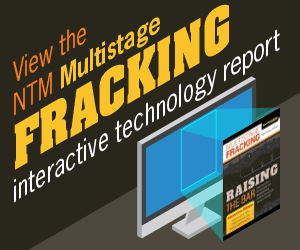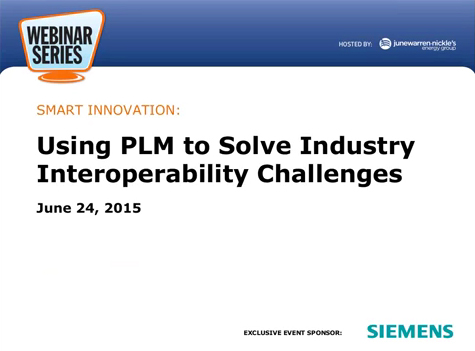The latest issue
Rewarding Failure
In an industry where they must surely innovate or die, information technology companies have found various ways of nurturing innovation. A leader in the field, Google—which has gone far beyond the search engine to create not only a host of pretty amazing online tools (for things like mapping and translating), but also branched out into driverless cars, Google Glass eyewear (a wearable computer featuring an optical head-mounted display) and the recently unveiled prototype contact lens for diabetics containing miniaturized transistors and antenna to monitor glucose levels in tears—in a great example. Always an innovative and creative workplace, it was revealed recently that this tremendously successful company has been aided by rewarding “failure.”
As reported by the BBC (Secret Google lab 'rewards staff for failure'), Google has a laboratory called Google X, where the X refers to “making a problem 10 times better, with a timeframe of about 10 years.”
Technology editor David Grossman interviewed Astro Teller, Google's Captain of Moonshots—yes, that’s the job title on his business card—who happens to be grandson of the theoretical physicist Edward Teller, known as the "father of the hydrogen bomb." And the way Grossman tells it, even more fascinating than the futuristic inventions coming out of the lab is Teller’s “thoughts on how an organization can foster revolutionary innovation and shoot for the moon.”
Driverless cars that don't crash was one such moon shot. “Google has now clocked up hundreds of thousands of miles of testing that suggests this technology will work and could transform our world,” he writes.
But for such daring and potentially disruptive concepts to ever see the light of day, an organization must be willing to reward people for failing, according to Teller. “If not, they won't take risks and make breakthroughs. If you don't reward failure, people will hang on to a doomed idea for fear of the consequences. That wastes time and saps an organization's spirit,” relates Grossman.
Perhaps it’s the nature of covering new technologies, and the inventors and innovators who often struggle to get their ideas recognized and tried in the oil and gas industry, that I have heard on numerous occasions of the lack of interest among managers in taking a serious look at anything resembling a moon shot. (The March issue of New Technology Magazine takes a look at some of those innovators who have, sometimes against long odds, brought new technologies to the oilpatch.) The “marginal, incremental change of a conventional business” is often about as far as most companies will risk going. Few are willing to stick their neck out and be a first adopter of potentially transformative technology—easier, and safer, to let someone else try it first.
There has been some daring experimentation, such as that conducted by Alberta Oil Sands Technology and Research Authority, or AOSTRA, a few decades ago, that helped develop the game-changing process of steam assisted gravity drainage (SAGD), which, by making in situ bitumen production viable, created a whole new sector in the oilsands. But in the decade since SAGD has become commercial, and in projects projected to roughly triple production over the next two decades, little more than incremental advances in this increasingly dated technology have come or are anticipated, if those future projects pan out as currently proposed.
Imagine the cell phone industry proposing to market a phone a decade from now little changed from what you are using today. There are some potentially disruptive producing technologies out there, and there are a few companies cautiously moving ahead with testing of a few of them that could lead to big improvements several years from now, but there is nothing like the speed of technological change in oil and gas that there is in the information and communications technology field. The oil and gas sector could use more companies like Google, willing to go out on a limb in the pursuit of some long-shot concepts, knowing many will fail before the true game-changer comes along.






